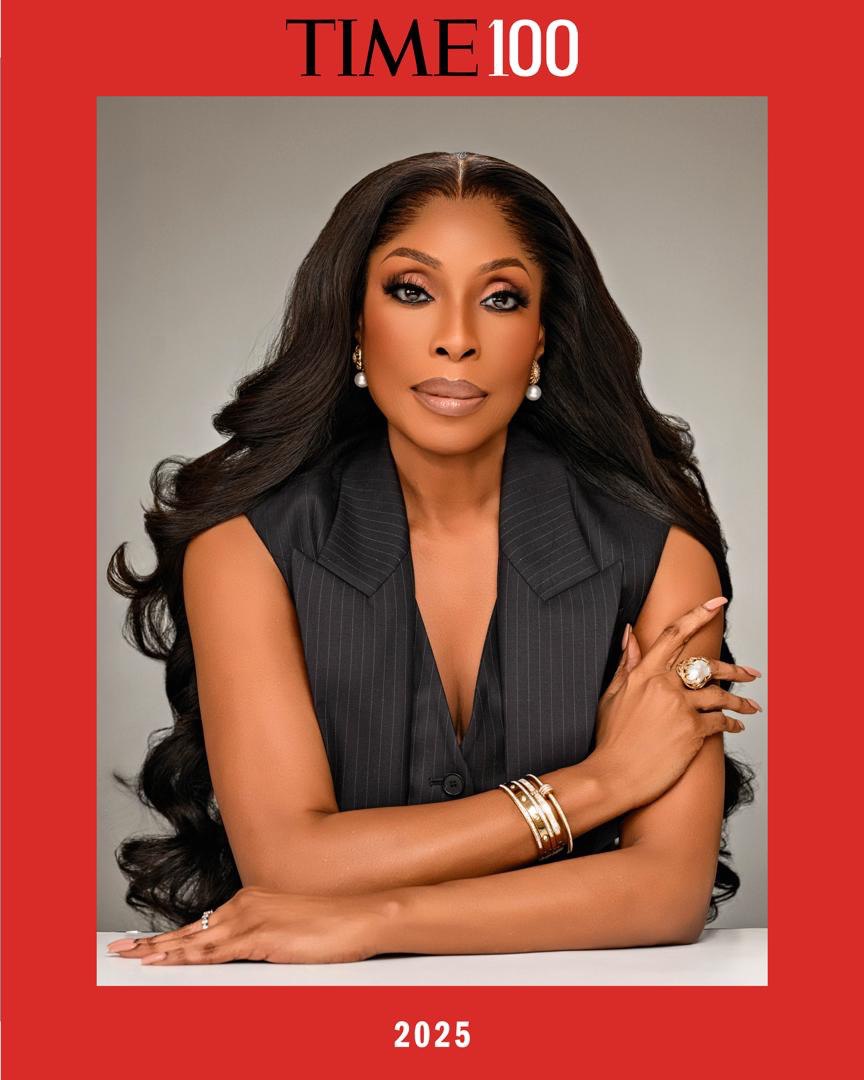Before the cinema-wide premiere of The Wedding Party: Destination Dubai in Nigeria, I wrote about the untold appeal of The Wedding Party and why the sequel won’t be as commercially successful. It was an objective piece, extrapolated from industry trends which influenced the projections that I made. Now, though, these projections have shattered with the news that The Wedding Party 2 is now the highest grossing Nollywood film of all time with a box office profit of 467 million naira, beating its own record set by the first volume released in 2016.
On the surface, this is good news, for the film’s box office presence and the film industry in general. But then it leaves questions to be answered. When Mo Abudu, executive producer of The Wedding Party films, took to Instagram to make the announcement on Monday, I was specifically looking for an inserted source to corroborate her claim in the post, a way to verify that indeed ticket sales domestically accrued since the film’s opening day were all in that figure, at least to a tidily close estimate. There was none; the post was bright and full of congratulations. “TWP2 is still showing in cinemas nationwide, so you can still watch it with friends and loved ones.” Abudu wrote in the end.
But where are the receipts? If The Wedding Party 2 were a Hollywood film, and with the past and present successes it has generated, a popular and comprehensive database website like Box Office Mojo would have published several records, accessible and up-to-date. Since acquired by Amazon’s movie information and trivia website IMDb in 2008, Box Office Mojo has become a go-to platform for tracking box office revenue in a systematic and algorithmic way. The Numbers, a free-to-use website, provides detailed movie financial analysis and employs performance metrics like percentage change and theaters, which is the total number of screens a film has been shown. With this, I don’t have to wait for a grand announcement to see a film’s financial performance, and it comes in handy when making predictions.
It’s a common practice for filmmakers in Nollywood to reel out impressive box office numbers autonomously. Toyin Abraham’s 2016 star-driven Yoruba comedy Alakada Reloaded, the third installment in the Alakada series, had her declaring that the film had made 50 million naira in seven days. Stand-up comedian AY Makun, who is now the grand purveyor of schlocky, capitalistic, travel comedy films, notified everyone on Instagram when his 2016 A Trip to Jamaica grossed over 137 million naira and smashed the Guinness World Record of 30 Days in Atlanta. The tone was self-congratulatory, and indicative of a small strain of industry-made rivalry that has doomed Nollywood to the fate of making comedy films.
Abraham and Makun may not be lying, but there are seemingly no avenues where verification can be made. And even if they do exist, bureaucracy becomes an uncomfortable, alienating buzzword. The absence of credible, box office-sensitive infrastructure in Nollywood gives room for exaggerations and fake news, and media outlets are none the wiser. Virtually all reports of a film’s domestic earnings aren’t backed up by seasoned, trustworthy sources; at best, they are subliminal marketing tactics, and at worst peddled fabrications.
To counteract the spread of phantom box office activity, fact-checking is therefore imperative. Not from a stand-in, proxy source susceptible to internal and external industry influence, but a platform inherently created to be an unflappable authority in the box office landscape. In that way, a film’s grossings can be critically measured against available benchmarks. Importantly, it will decenter the power to disseminate information while also serving as a data reservoir.
Only few days into 2018, The Wedding Party 2 grossed more than 300 million naira from its cinema run in Nigeria, and also dominated UK cinemas as the biggest single-day opening for a Nollywood film (N7.8 million). These figures are flattering. And yet, the film’s IMDb page is still embarrassingly undetailed, no synopsis and box office information. I have been thinking of “propaganda” ever since a friend used that word as an initial reaction to The Wedding Party’s latest record-breaking success. And I also think it’s befitting for a developing franchise that wants to keep itself relevant at all cost, even when we no longer want it.














